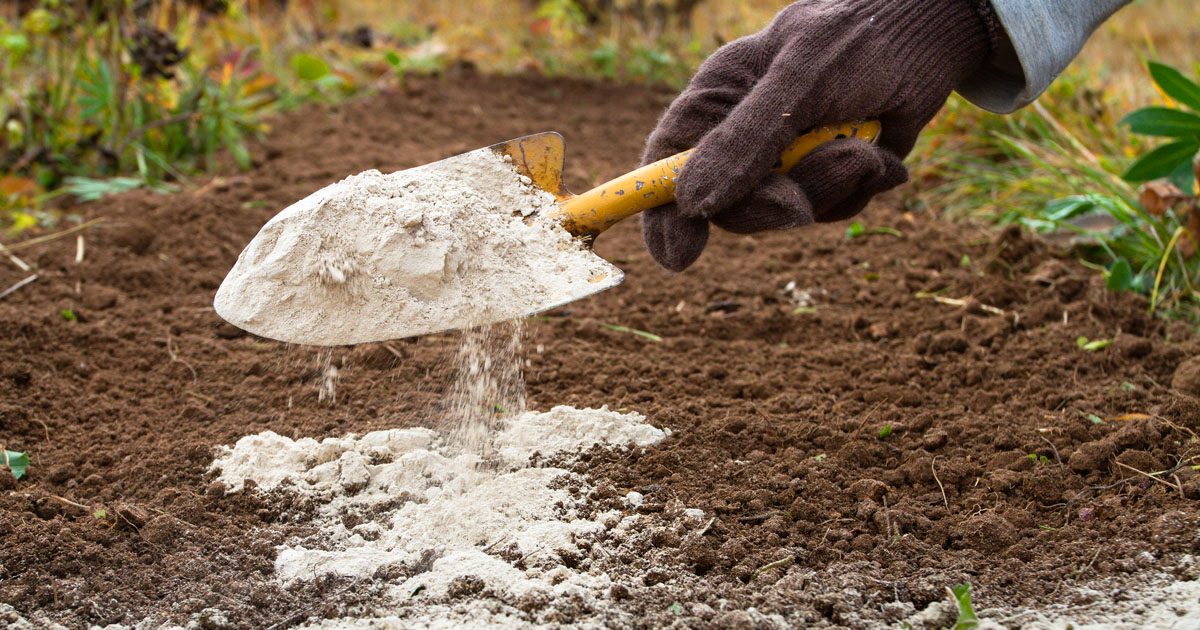1040 Rte 45, Pomona, NY 10970
845-354-8500
Holiday Hours: 9AM-5PM
1040 Rte 45, Pomona, NY 10970
845-354-8500
Holiday Hours: 9AM-5PM


While “adding some lime” might make you think about mixing up a batch of margaritas, there’s another kind of lime, that’s good for your garden. Lime is made from ground limestone rock and plays a significant role in enriching soil quality and promoting vibrant plant growth. In the Northeast, particularly in Rockland, Bergen, and Orange Counties, the soil tends to be naturally acidic due to consistent rainfall and unique geological features. Applying lime helps balance soil acidity, fostering an ideal environment for plants to thrive.
There are two forms of lime that are readily available, granular lime and hydrated lime. Granular lime is slow acting and is best employed on lawns and for winterizing vegetable beds. Gardens will grow more rapidly in the spring if granular lime is integrated in the fall. Hydrated lime is a rapid acting and is the product of choice for spring liming, particularly for new vegetable gardens or for gardens that were not limited in the winter. Gardeners will be amazed at how an inexpensive product like lime can yield such success in the garden.
“Lime acts to neutralize soil by reducing the acidity of the soil. High acidity prevents plants from fully absorbing fertilizer. It is essential for the growth of plants to absorb nutrients from the soil. This can only happen if the acidity level (pH) is appropriate. Lime is also one of the simplest and most effective tools for improving soil health and achieving a beautiful and robust garden. By correcting soil acidity, gardeners and farmers can create the right conditions for plants to thrive,” said Stuart Leventhal, owner of Down to Earth Garden Center.
Limestone generally comes in a bag and can be applied using a spreader for lawns or hands for beds. After applying it should be worked into the top 4-6 inches of soil with a rake. Do not apply lime at the same time as fertilizer, as the two can react negatively. After working it into the soil be sure to water and then let it sink in. Gardeners can recheck the pH level again in the spring to ensure the lime is still at the proper level.
Gardeners in Rockland, Bergen and Orange Counties can take advantage of the fall season to prepare their soil now for healthier and more resilient landscapes in the spring.